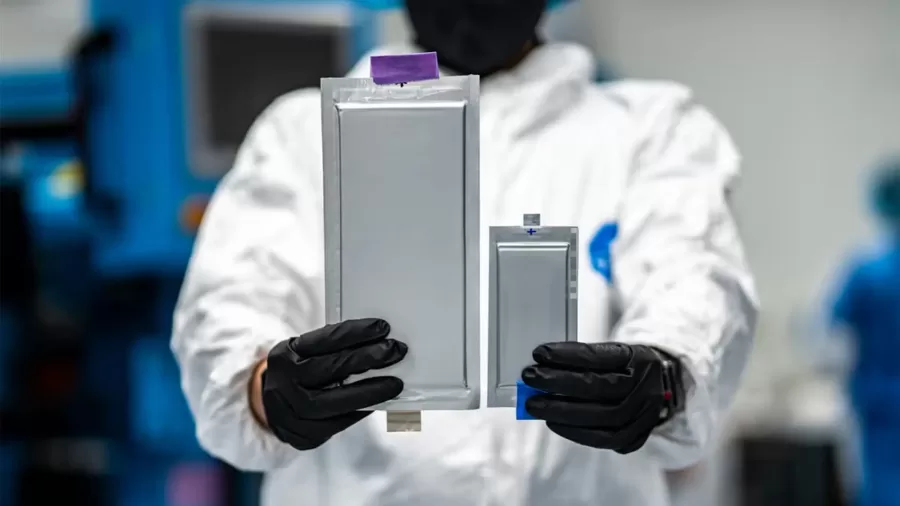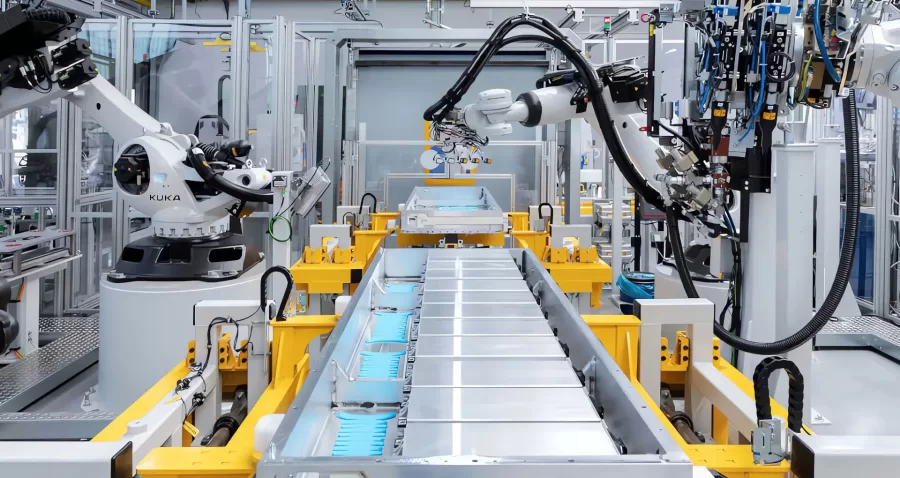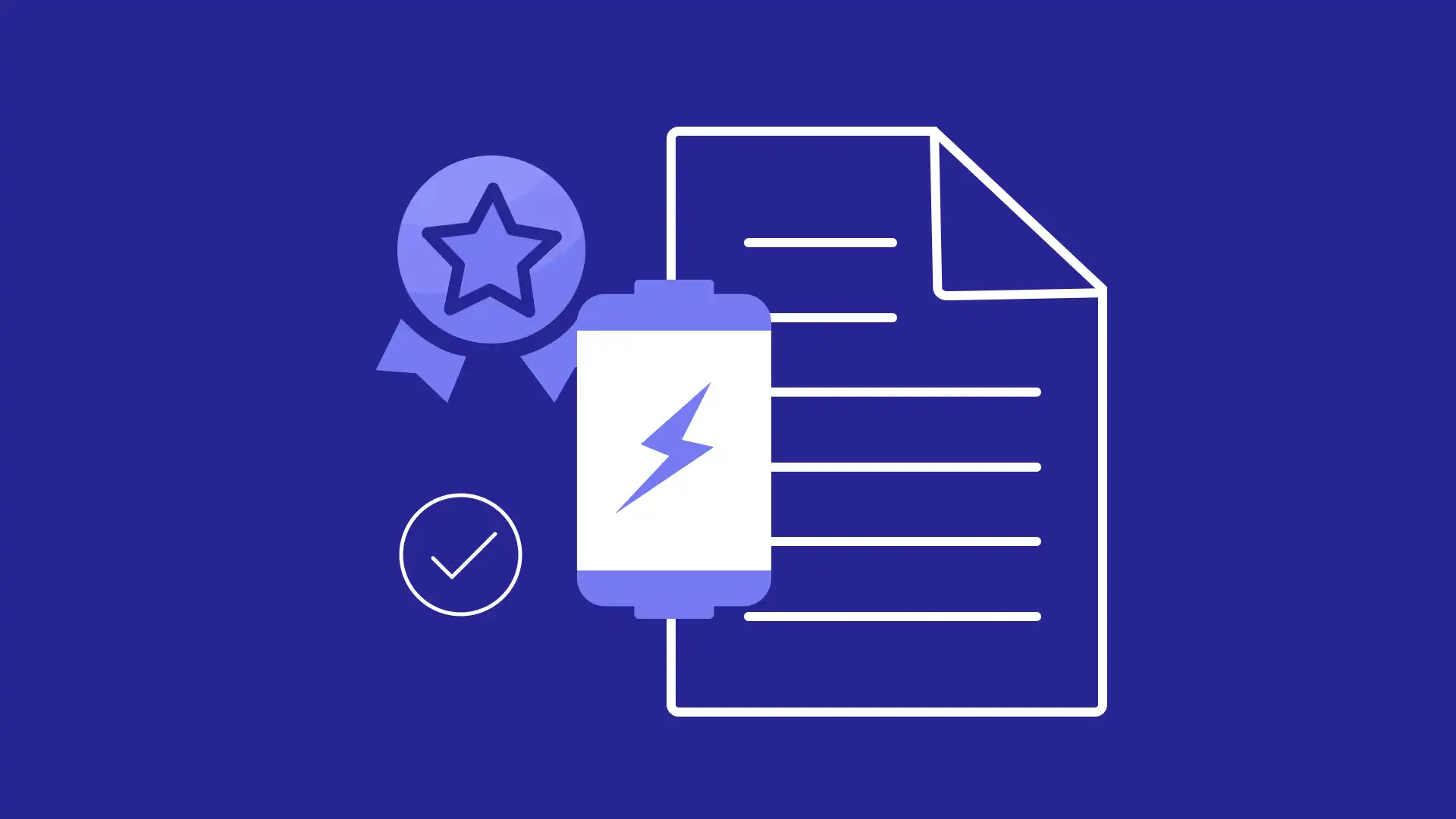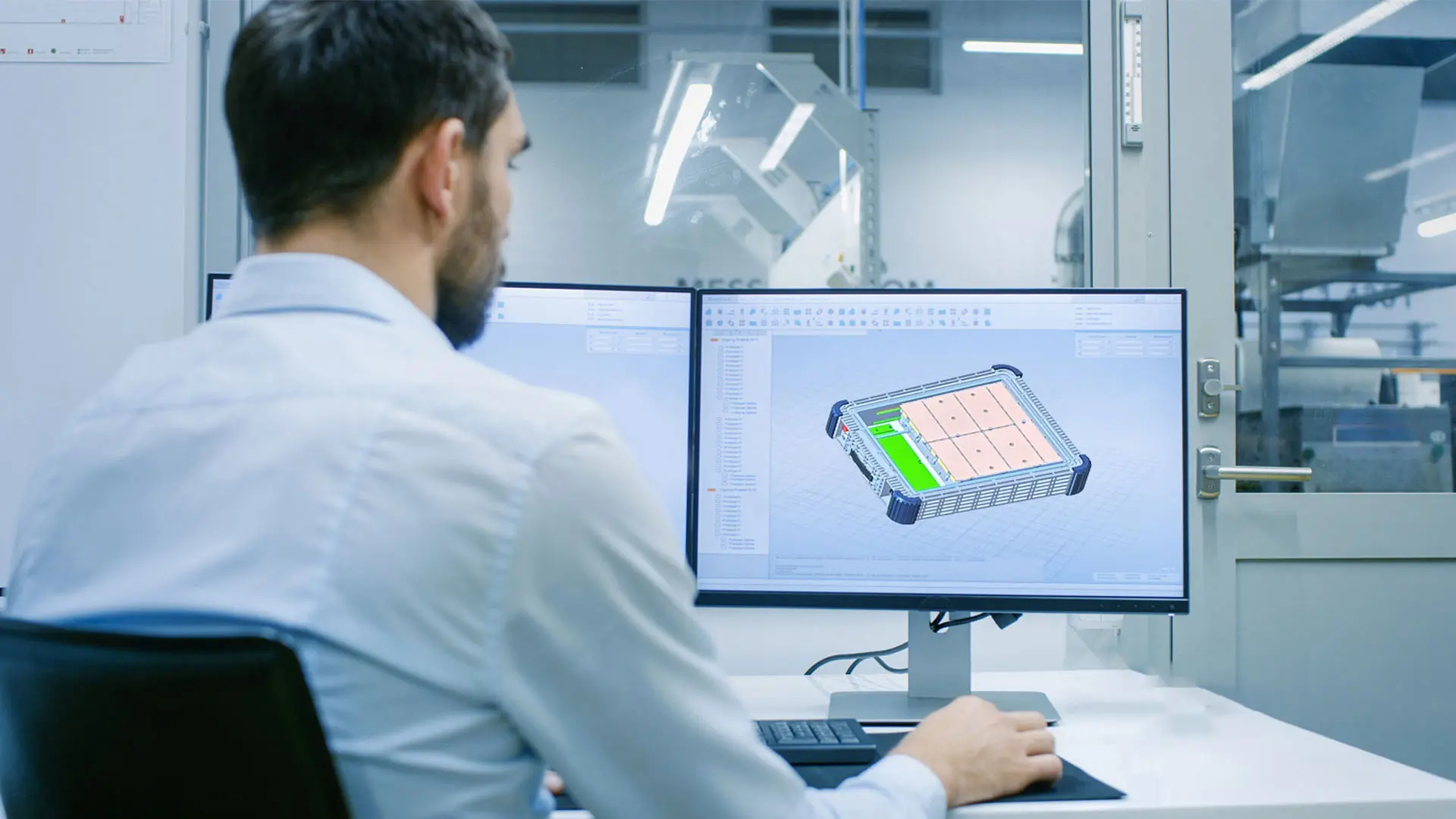In an industry as exciting as lithium-ion batteries, we are always hearing about new developments. But what do the future battery technologies hold? The industry’s brightest are constantly developing new ideas, and the most exciting ones are yet to come. Here are a few lithium battery innovations we can look forward to seeing shortly.
5 Transformative Trends in Future Battery Technologies
Faster Charging Speeds
If you get impatient waiting for your lithium-ion battery to charge, you’re in luck. Faster charging technology is currently being developed and is expected to vastly improve the lithium battery experience by using more conductive electrode materials, AI-driven advanced charging algorithms, and improved thermal management systems. This will be particularly pertinent for electric vehicles, as reduced charging times will hopefully increase interest amongst the masses.
A Greener Future
As renewable energy sources such as solar and wind become more popular and more necessary, so too will energy storage. Count on lithium battery cells as a premier option for storing this energy as we transition into a greener society. One of the future battery techs is the lithium-ion battery cell power grids will ensure this green future is possible.
This isn’t the only way future lithium battery endeavors will positively impact the environment. Manufacturers are also developing more efficient ways to extract lithium from the earth to meet increasingly strict regulation standards. Manufacturers are also experimenting with different electrolyte chemistries using AI, ultimately enabling the use of more abundant resources like sodium to conserve rarer materials like lithium.

Solid-State Electrolytes
Scientists are shaping the future of lithium-ion batteries by addressing the risks associated with liquid electrolyte lithium batteries, such as fire hazards and explosions. Recently, using AI, they developed the world’s first solid-state electrolyte, which not only enhances safety but also utilizes more readily accessible materials. These solid electrolytes offer higher energy density and a longer lifespan compared to traditional liquid electrolytes. This innovation could lead to smaller, lighter batteries, revolutionizing portable devices and electric vehicles, and redefining the future of lithium-ion batteries.
Battery Recycling Will Become More Common
As lithium-ion batteries become more popular and environmental policies become stricter, the demand for efficient recycling processes will rise. This shift will necessitate better education and infrastructure, ultimately making battery recycling easier and more commonplace. To facilitate this, innovations like digital jewelry stamping machines can play a role by improving labeling and tracking systems for recycled materials. By enhancing these processes, we can save rare materials like lithium, reusing what’s already in circulation instead of relying on new extraction from the earth.

More Efficient Manufacturing Processes
The emergence of AI will lead to more efficient manufacturing that will ultimately bring costs down for companies and individual consumers. Manufacturers can now use AI to process mass amounts of data to create improved models and identify inefficiencies in their production processes. Identifying these issues will improve production workflow and bring costs down in the long run.
There is much to look forward to in upcoming battery technology. Click to learn more about CMB’s latest cutting-edge technologies and innovative patents in custom lithium-ion battery packs.












One thought